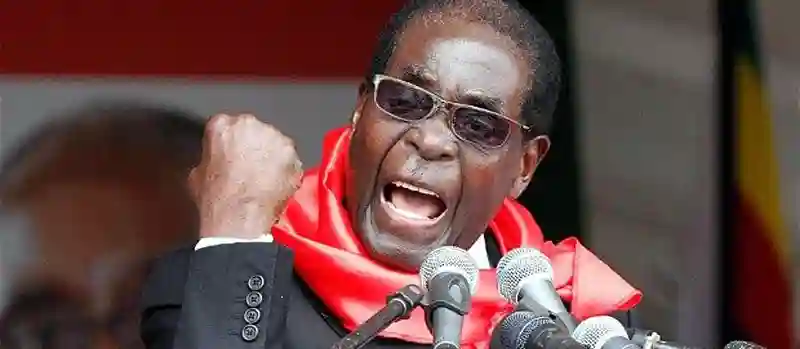President Robert Mugabe may not have announced his resignation because according to the Constitution of Zimbabwe, he can only do so by written notice to the speaker of parliament who makes it public. In other words, he cannot announce his own resignation.
Section 96(1) of the Constitution on the Resignation of President or Vice-President reads:
The President may resign his or her office by written notice to the Speaker, who must give public notice of the resignation as soon as it is possible to do so and in any event within twenty-four hours.
However this is not a given that he will resign. It also remains to be seen if Zanu-PF will go ahead with its threat to impeach President Mugabe after Zanu-PF Central Committee gave him a deadline of 12 Noon on Monday to step down or face impeachment on Tuesday.
At the Central Committee meeting, Zanu PF chief whip Lovemore Matuke was ordered to “institute proceedings for the removal of Mugabe in terms of Section 97 of the constitution of Zimbabwe” if he continues clinging on to power. As Zanu-PF on its own, already has more than two-thirds of the legislators in parliament, the threat is very potent and can be acted on. There are also reports that that MDC-T Mabvuku-Tafara MP James Maridadi had notified the Speaker of Parliament Jacob Mudenda of his intention to move a motion to impeach Mugabe. The sources said that Mudenda was given the notice of the motion on Wednesday last week.

